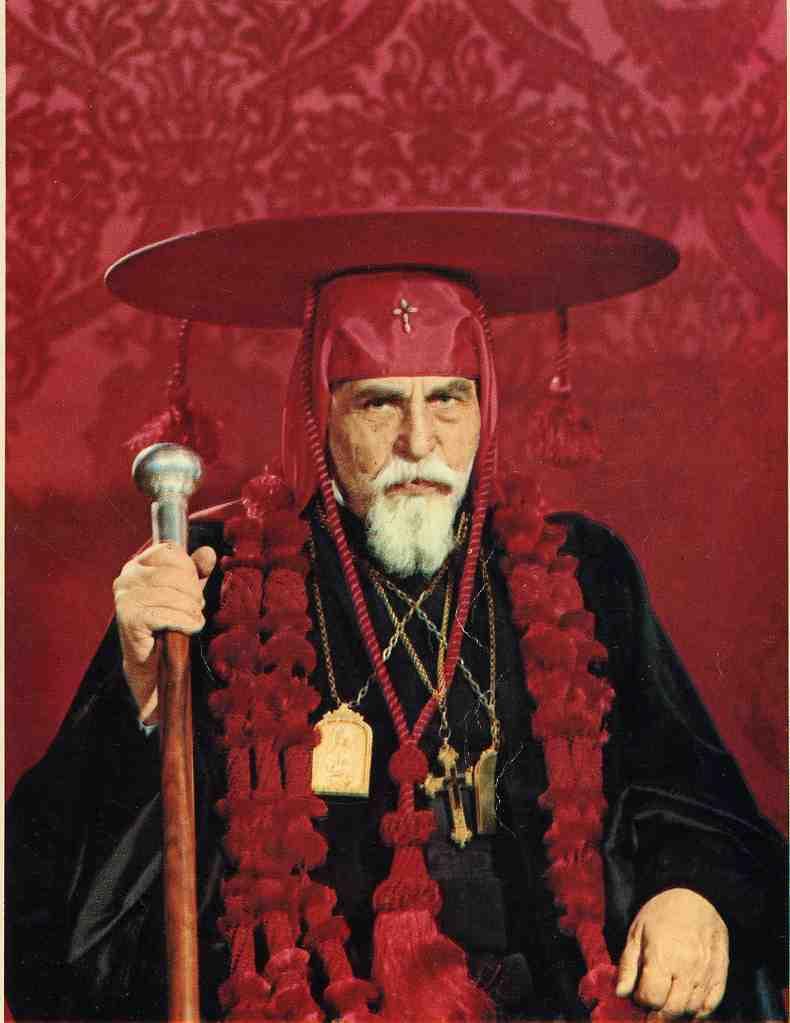Klippt från / Taken from
crisismagazine.com:
23 Ways To Identify a Faithful Parish
1. There is at least one daily Mass. Obviously, if a parish shares a pastor with other parishes, this may not always be possible. But barring that, a parish needs to offer daily Mass.
2. Confession is offered for a set time... not just "by appointment only." The absolute importance of that sacrament must not be diminished.
3. The tabernacle is inside the main church in a prominent place. It's always frustrating to have to play "Where's Jesus?" when you walk into a parish for the first time. I recall once when visiting a church I'd never been in before, I confusedly genuflected to everything from the cantor to a statue of St. Therese before I figured out where the tabernacle was.
4. The church has kneelers. Period.
5. The church doesn't have a sign in the front that describes itself as a "Catholic Community." I know, this one seems petty at first, but it tends to be true. If a parish has an objection to the word "church," that's a good indication that a larger problem exists. And if that parish magnifies the nonsense with a sign that says something like, "An Open, Inclusive Community of Catholic Christians Who Care and Share," stop, turn around, run.
6. As you enter the church, you see people in the pews in prayer or, at least, reverent silence. If, on the other hand, it looks like social time down at the bingo parlor, that's a bad sign.
7. The Mass is not intentionally altered through the use of inclusive language.
8. The Mass is said according to the General Instruction of the Roman Missal and the instructions of the local bishop. Improvisation is great in jazz. Mass isn't jazz.
9. The gospel is not being read, nor the homily given, by someone other than a priest or deacon.
10. Latin has pride of place in the Mass. It's right there in the documents of the Second Vatican Council. That should be reflected in the liturgy itself.
11. The bread for the Eucharist isn't made with added ingredients not allowed by the Church. Honey, for example.
12. The liturgical music focuses on God, not the community. We are there, after all, to worship Him, not ourselves. And there's never a good reason to sing songs about bridges over troubled waters. You can do that at home, Mr. Garfunkel.
13. Extraordinary ministers do not outnumber the parishioners. There's a reason, after all, that we refer to them as EXTRAORDINARY ministers. We only use them when there are too many people for the priest and deacon to handle.
14. If you're able to find the mission statement of the parish (it's often carried in the bulletin), make sure it says something about fidelity to the Magisterium of the Church.
15. And while you're thumbing through the bulletin, see if there are other good groups there, like the Knights of Columbus, Legion of Mary, St. Vincent de Paul, and Holy Name Society. A faithful Bible study group is also a great sign.
16. The parish offers some form of Eucharistic adoration.
17. The parish has an active Pro-Life ministry, as well as a ministry that cares for the poor.
18. The priest wears his collar. Now, obviously, if you see your local pastor jogging one morning, he's not going to be wearing his clericals. But a priest should generally look the part. It's an important witness to the secular world and a sign that he recognizes the great value of his own vocation.
19. The pastor isn't afraid to preach on the tough issues: abortion, divorce, contraception, cloning, etc. That's not to say that every homily should cover those topics. But a priest should truly believe the Church's teaching and defend them without pause.
20. The parish's marriage preparation program includes instruction in Natural Family Planning (NFP). And if someone involved in the program describes NFP as "the rhythm method," go immediately limp and drop to the ground. With luck, he'll think you passed out and will take you to the emergency room, far, far away from that parish.
21. The church has a vibrant religious education program for both children and adults based on the Catechism of the Catholic Church. You might also try to find out who's involved in the program and where they received their own formation.
22. The church's Website doesn't link to dissident groups like Call to Action, Voice of the Faithful, or Catholics for a Free Choice.
And finally...
23. If there's a literature rack in the church, look at the publications the parish is carrying. Dissident magazines or newspapers tend to go hand in hand with a dissident parish. On the other hand, should you see a copy of Crisis in the rack, join that parish. The pastor is clearly a man of great taste and refinement.

